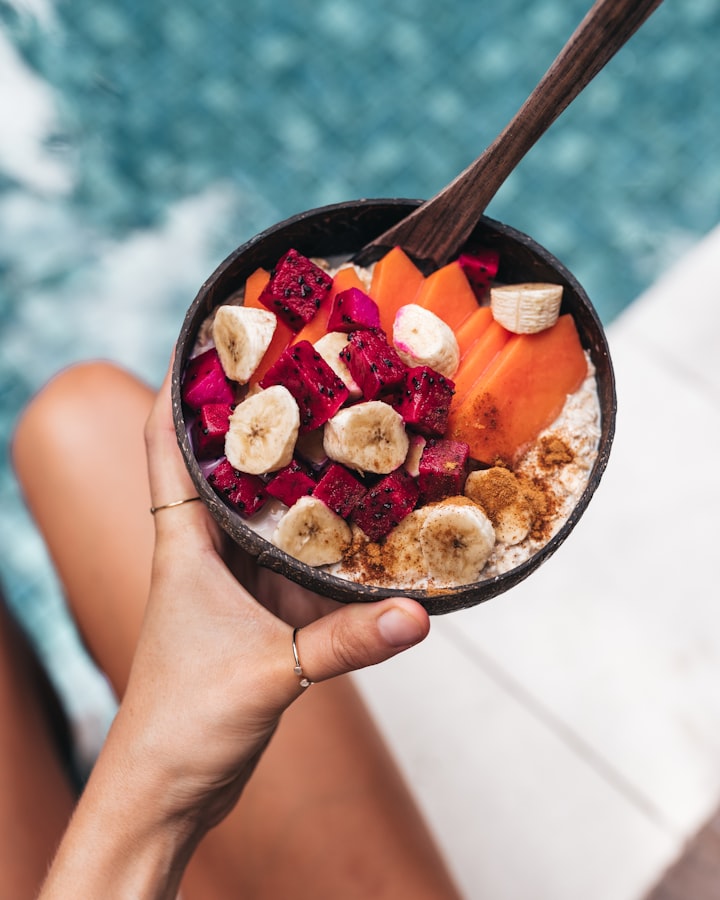
10 Tips for Better Sleep and Improved Overall Health
Sleep is one of the most important factors that contribute to our overall health and well-being. Getting enough quality sleep can help us feel more energized, improve our mood, and boost our immune system. On the other hand, lack of sleep can lead to a number of health problems, such as obesity, heart disease, and depression. In this blog post, we’ll share 10 tips for better sleep and improved overall health.
1. Practice Good Sleep Hygiene
Sleep hygiene refers to the habits and practices that can help us get a good night’s sleep.
Some of the key sleep hygiene practices include:
- Going to bed and waking up at the same time every day, even on weekends
- Avoiding naps during the day
- Avoiding caffeine, nicotine, and alcohol in the evening
- Avoiding heavy meals before bedtime
- Creating a relaxing bedtime routine
By practicing good sleep hygiene, we can train our body to recognize when it’s time to sleep and when it’s time to wake up, making it easier to fall asleep and stay asleep.
2. Respect Your Circadian Rhythm
Our circadian rhythm is our body’s natural sleep-wake cycle. It’s controlled by a complex system of hormones and neurotransmitters that are influenced by light and darkness. By respecting our circadian rhythm, we can help our body regulate our sleep-wake cycle and improve the quality of our sleep.
Some ways to respect our circadian rhythm include:
- Getting plenty of natural light during the day
- Avoiding bright screens for at least an hour before bed
- Keeping our bedroom dark and quiet at night
3. Address Insomnia
Insomnia is a common sleep disorder that can make it difficult to fall asleep or stay asleep. There are many potential causes of insomnia, including anxiety, depression, chronic pain, and medication side effects.
If you’re experiencing insomnia, it’s important to talk to your doctor to identify and address the underlying cause.
Some strategies that may help include:
- Cognitive-behavioral therapy (CBT)
- Relaxation techniques, such as deep breathing or progressive muscle relaxation
- Medications, such as melatonin or prescription sleep aids
4. Utilize Melatonin
Melatonin is a hormone that is naturally produced by the body to regulate our sleep-wake cycle. It’s often used as a supplement to help people fall asleep faster and improve the quality of their sleep.
If you’re considering using melatonin as a sleep aid, it’s important to talk to your doctor first. They can help you determine the appropriate dose and timing, and identify any potential interactions with other medications you may be taking.
5. Limit Exposure to Blue Light
Blue light, which is emitted by electronic devices such as smartphones and computers, can disrupt our circadian rhythm and make it harder to fall asleep. To minimize the impact of blue light on our sleep, we can:
- Avoid using electronic devices for at least an hour before bed
- Use software or apps that reduce blue light emissions
- Wear blue light-blocking glasses in the evening
6. Practice Relaxation Techniques
Relaxation techniques can help reduce stress and anxiety, making it easier to fall asleep and stay asleep.
Some effective relaxation techniques include:
- Deep breathing
- Progressive muscle relaxation
- Meditation or mindfulness
- Aromatherapy
7. Optimize Your Bedroom Environment
The environment of our bedroom can have a significant impact on the quality of our sleep.
Some ways to optimize your bedroom environment include:
- Keeping your bedroom cool, quiet, and dark
- Investing in a comfortable mattress and pillows
- Using blackout curtains or eye masks to block out light
- Minimizing clutter and distractions
8. Be Mindful of Caffeine Intake
Caffeine is a stimulant that can make it harder to fall asleep and stay asleep. To minimize the impact of caffeine on our sleep, we can:
- Avoid consuming caffeine in the afternoon or evening
- Limit our overall caffeine intake
- Switch to decaf or herbal tea in the evening
9. Incorporate Exercise into Your Routine
Regular exercise can help promote better sleep by reducing stress and improving overall health. However, it’s important to time our exercise appropriately. For some people, exercising too close to bedtime can actually make it harder to fall asleep.
To find the best time to exercise for your body, try experimenting with different schedules and see how your sleep is affected.
10. Practice Stress Management Techniques
Stress can have a significant impact on the quality of our sleep. To reduce stress and promote better sleep, consider practicing stress management techniques such as:
- Yoga or stretching
- Journaling
- Talking to a therapist or counselor
- Spending time in nature
By incorporating these 10 tips into your daily routine, you can promote better sleep and improve your overall health and well-being.






Comments
There are no comments for this story
Be the first to respond and start the conversation.